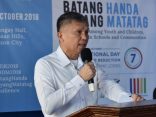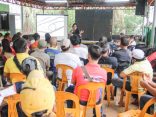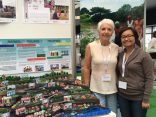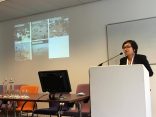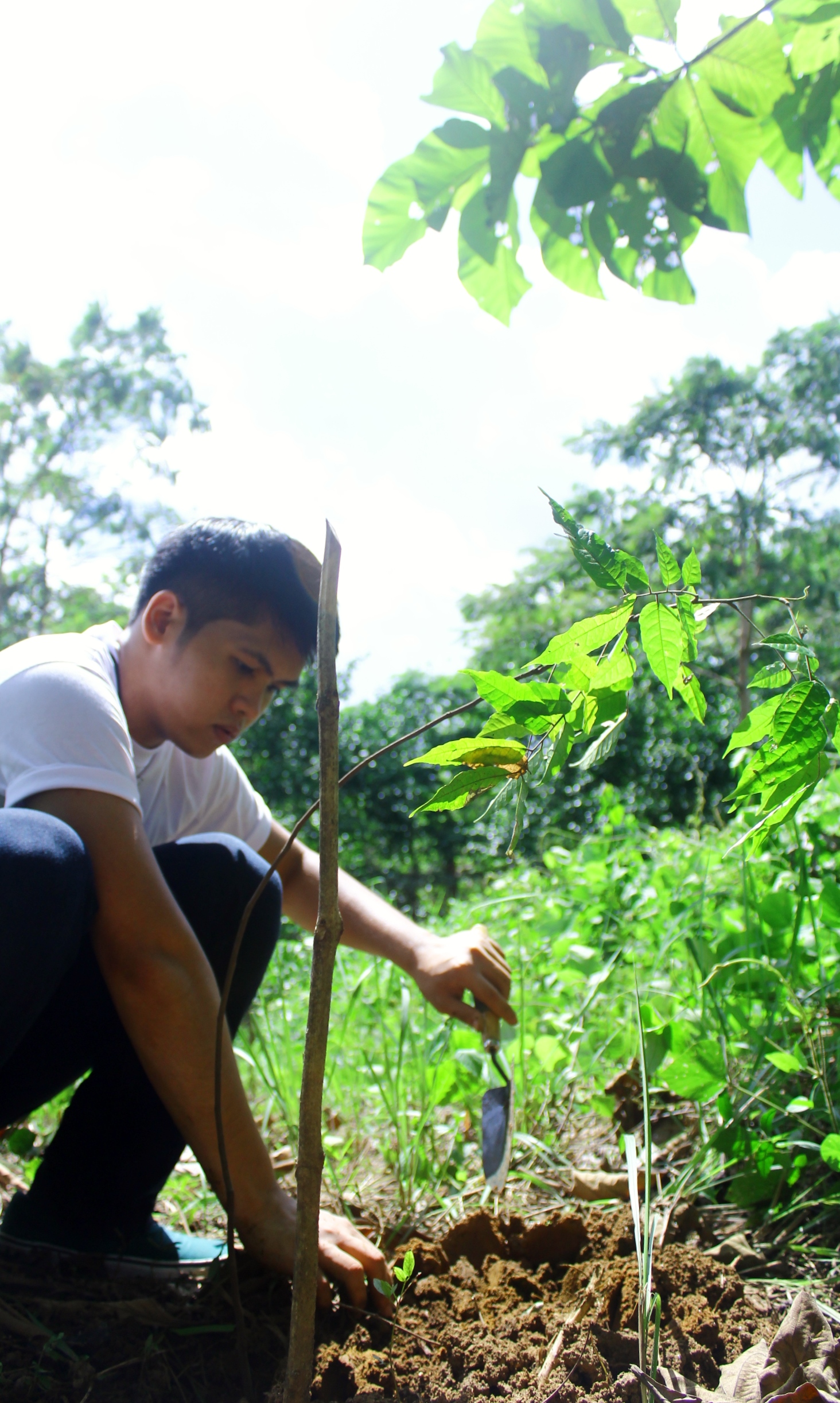 Today, March 21, is the International Day of Forests. With the theme “Forests and Climate Change,” this year’s celebration aims to raise awareness on the links between the rapidly disappearing forests and the changing climate.
Today, March 21, is the International Day of Forests. With the theme “Forests and Climate Change,” this year’s celebration aims to raise awareness on the links between the rapidly disappearing forests and the changing climate. Ecosystems, composed of living organisms and their non-living environment interacting as a whole, are varied and plentiful, and play their part in helping us survive and live well. One of the most identifiable yet also one of the most endangered and mismanaged ecosystems is the forest.
Forests, like all other ecosystems, provide a whole host of benefits essential to our daily life. From habitats, to food and raw materials, to cultural services – forests are important in maintaining human wellbeing. But beyond these immediately observable and attainable services, forests also help adjust, regulate, and normalize environments; these are called regulatory services.
Part of their regulatory services involve absorbing and sequestering greenhouse gases thus helping mitigate climate change. Forests can also play a role in regulating temperatures by providing shade, controlling humidity, and influencing the water cycle.
Other regulatory services include preventing soil erosion, soaking up water, and acting as a buffer against strong winds and waves. These are a great help in lessening or even preventing disasters caused by natural hazards.
Clearly, forests play an important part in disaster risk reduction and climate change mitigation and adaptation. This is especially true for disaster-prone Philippines, and yet our own forests are facing continued danger from land use change, urbanization, logging, and other extractive industries. From 27 million hectares of forests during the Spanish period, we now only have 6.8 million hectares of forest cover. Some even cite this as the thinnest in Southeast Asia.
This does not bode well for our country since losing our forests increases our vulnerabilities to hazards and the effects of climate change. Losing forests will lower the quality of life we have and will worsen the problems that already exist.
With this in mind, ACCORD believes that we can and should take an active role in taking care of and bringing ecosystems back to previous, healthier states. Through the Partners for Resilience and Proud of My Purok projects, ACCORD is working to help restore ecosystems gradually through community efforts. Community members, together with ACCORD, have implemented projects like tree-planting activities, livelihood activities, and public awareness campaigns that all lead towards a better appreciation of our ecosystems and towards concrete steps that ensure their protection.
Our appreciation of forests and trees must be developed beyond just appreciating them for their beauty and the materials that they provide. We must also remember that our forests can give us – and our co-inhabitants on Earth – more resources if only we put in the time and technology to study and manage them well.
Healthy forests are healthy ecosystems that give back much to us. They ensure a livable, safe, and resilient environment for us to live in. Thus, the care we give to our forests can translate to the care that we give to ourselves. With this in mind, let us all be proactive in learning about the situation of our forests and what we can do to protect and conserve them.
ACCORD is a strategic partner of CARE Nederland. Partners for Resilience is funded by the Dutch Ministry of Foreign Affairs through the Partners for Resilience consortium, composed of the Netherlands Red Cross, CARE Nederland, Cordaid, Red Cross Climate Climate Centre, and Wetlands International. Their local partners include the Philippine Red Cross, ACCORD, Agri-Aqua Development Coalition(AADC), Cordillera Disaster Response and Development Services (CorDis RDS),Corporate Network for Disaster Response (CNDR), and the International Institute of Rural Reconstruction (IIRR). Proud of My Purok is a collaboration among the Netherlands Red Cross, the Philippine Red Cross, CARE Nederland, ACCORD,Wetlands International, and Xavier University.
Sources:

